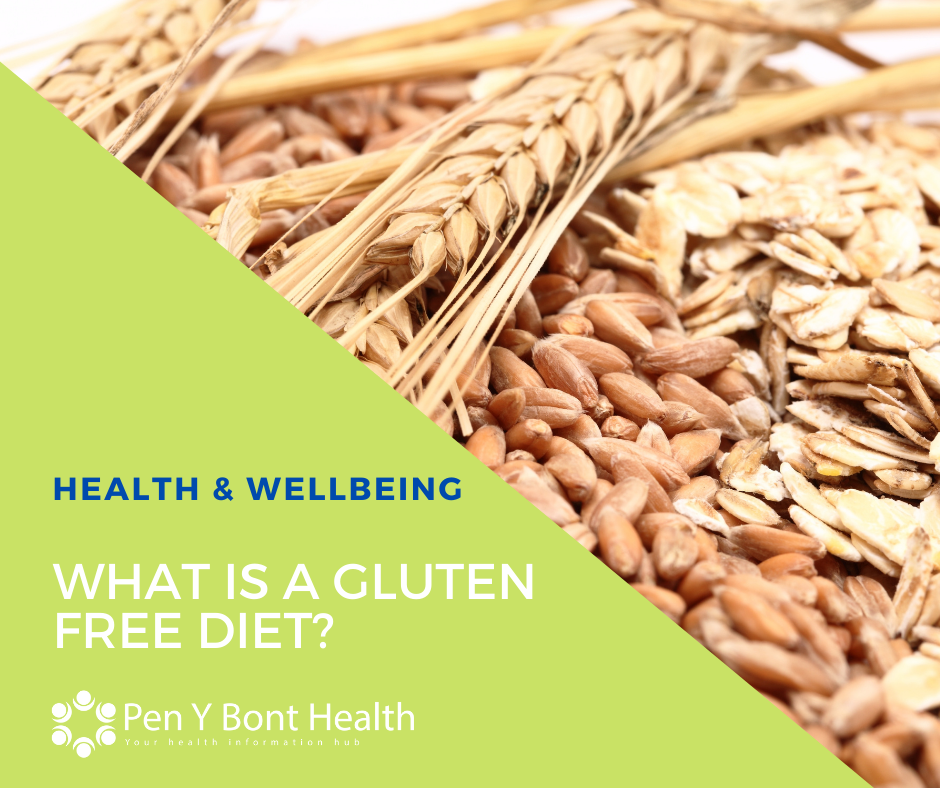 What is Gluten?
What is Gluten?
Gluten is a family of proteins found in grains, including wheat, rye, spelt, and barley.
Gluten helps foods maintain their shape, acting as a glue that holds food together. The name “gluten” is derived from the glue like property of wet dough.
For instance, gluten makes the bread dough elastic and gives the dough the ability to rise and stretch during baking.
Gluten can be found in many types of foods, even ones that would not be expected. For most people eating foods that contain gluten will cause no adverse effects as their bodies can tolerate the gluten. However, for some people it can cause problems especially for those with specific health conditions.
Coeliac Disease
Approximately 1% of the population suffer from a severe form of gluten intolerance called Coeliac disease. Coeliac disease is an autoimmune disorder in which the immune system will attack the gluten as well as the lining of the gut.
Diagnosing Coeliac disease is difficult because as well as digestive symptoms such as bloating, diarrhea, constipation, unexplained weight loss, other common symptoms can be headache, tiredness, skin rashes, depression or anemia. Read more
Is Gluten bad for you?
For the majority of people, eating gluten is not bad for you and therefore cutting out gluten from your diet is not necessary.
If you wish to try cutting gluten out of your diet because you suspect that you have an intolerance, then it is harmless to try as there are no nutrients found in gluten grains that cannot be found in other foods.
For anyone with an intolerance to gluten, sticking to a gluten free diet can make a huge difference to their health.
What are the most common sources of gluten?
The most common sources of gluten are found in:
- wheat
- spelt
- rye
- barley
- bread
- pasta
- cereals
- beer
- cakes
- cookies
- pastries
Many processed foods also contain wheat so if you want to avoid gluten you will need to always read food labels carefully.
What is a gluten free diet?
A gluten free diet is not a diet designed to help you lose weight, it is a way of eating that helps you heal your gut so that you can start absorbing all the nutrients that you need in your diet.
For people diagnosed with Coeliac disease a gluten free diet is a way of life and is essential in managing the condition.
Foods that are included in a gluten free diet are lots of naturally gluten free foods such as meat, fish, fruit and vegetables, rice, potatoes and lentils. In addition most supermarkets now stock a range of processed gluten free products that can added to the diet such as breads, sauces, cereals and even beers & lagers.
Are there any health benefits from a gluten free diet?
The health benefits are for those that have been diagnosed with coeliac disease or anyone with a gluten intolerance. It can take between six months and up to five years (in some cases longer) for the gut damage caused by eating gluten to fully heal. Several factors are thought to be involved in the variable time taken for the gut to heal, including age and severity of gut damage at diagnosis.
Some people, however, can feel significantly better within a few days of cutting out gluten , others may see more of a gradual improvement in their symptoms or that one symptom improves before another.
